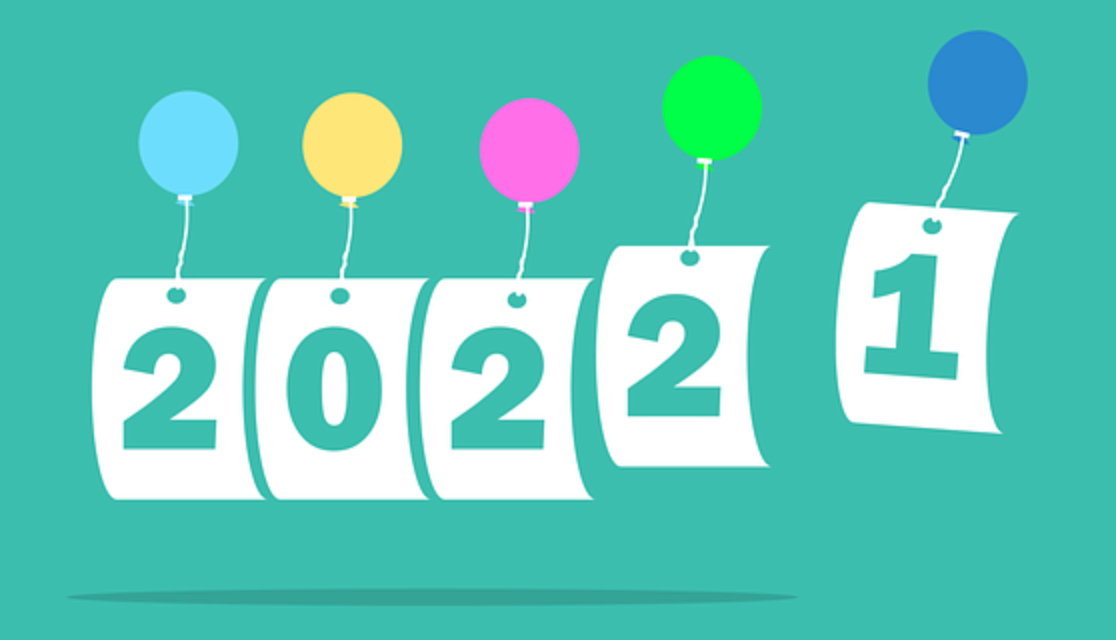In the November 2020 election, Guilford County voters approved $300 million in school bonds to take care of school construction, repair and maintenance needs.
While the first portion of those bonds was originally slated to be issued this fall, Guilford County Manager Mike Halford told the Board of Commissioners recently that it will now be 2022 before the county issues those bonds to raise the money.
Halford told the board that, though the money will be raised next year rather than this year, it shouldn’t cause any issues with school plans.
“We’ll be doing that in the spring,” Halford told the commissioners at a recent meeting.
He added that the county was able to meet school needs in the meantime and that Guilford County will refund the schools’ expenditure when the bonds are issued. The school system has so far requested about $1.2 million of that $300 million. Guilford County government is going to hand that money over to the school system and then reimburse itself when school bonds are sold.
“In October, we’ll talk about the bond issuance calendar issue as well as what debt service looks like for potential revenue streams,” Halford told the board. “We’ll be covering that.”
This week the Halford explained in more detail in an email to the Rhino Times.
“If the Board approves a final bond sale calendar (hopefully in October), the County will sell the first tranche of school bonds approved in November 2020 and 2/3rds bonds for county capital needs,” Halford stated.
(“Two-thirds bonds” are a special limited type of bonds that don’t require voter approval.)
“Back in the spring,” he stated, “I mentioned to the Board that we planned to sell the bonds sometime in/around September. Based on school cash flow needs, we are able to push the sale to the spring. In the meantime, the County is using its reserves to reimburse the schools for the initial design/other work on school bond projects. We will reimburse our reserves in the spring with the proceeds from selling the bonds.”
Chairman of the Board of Commissioners Skip Alston said this week that, when the board does approve the first issuance, he expects that round of financing to amount to somewhere around half of the total $300 million approved by voters. More money would be raised later when needed.

